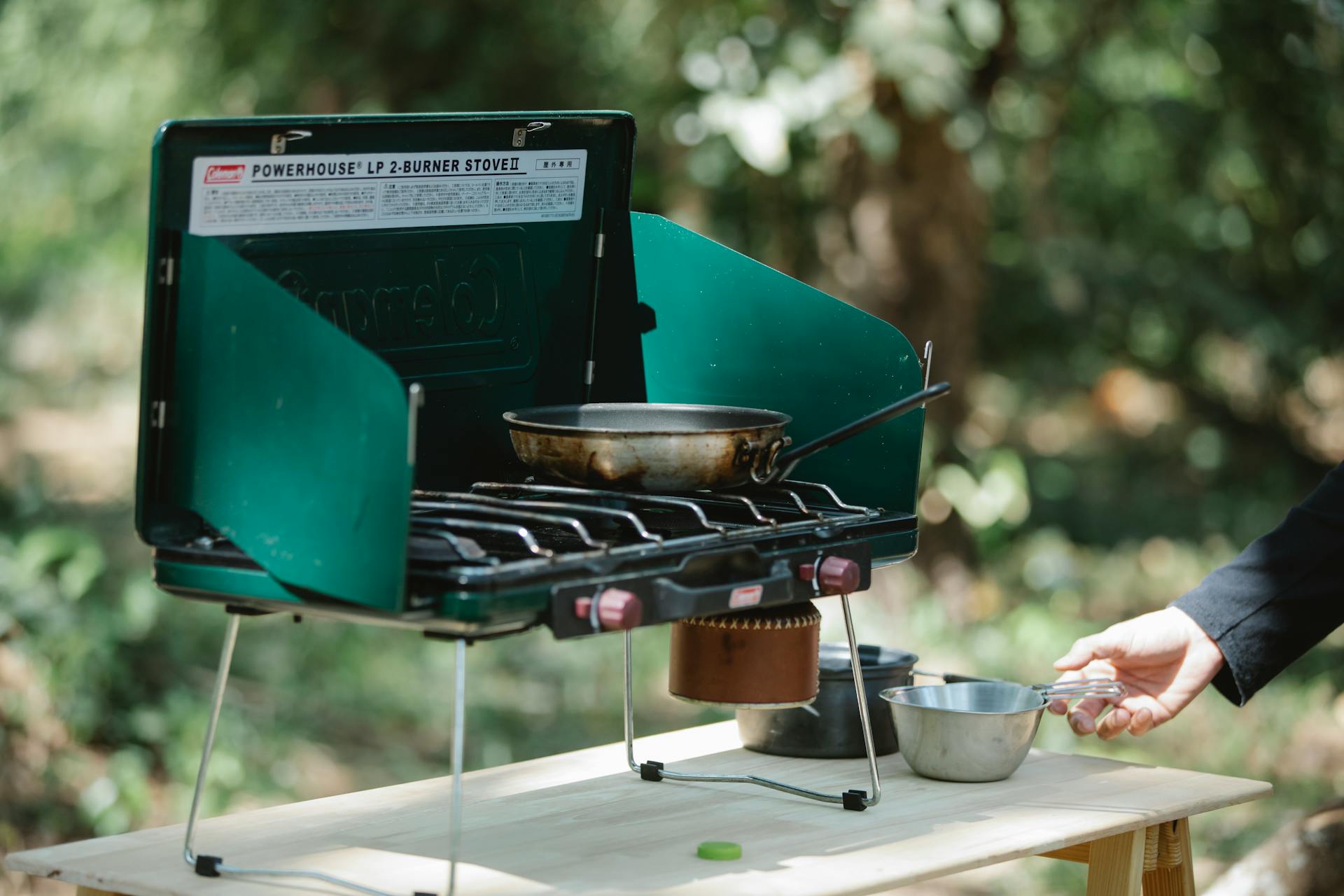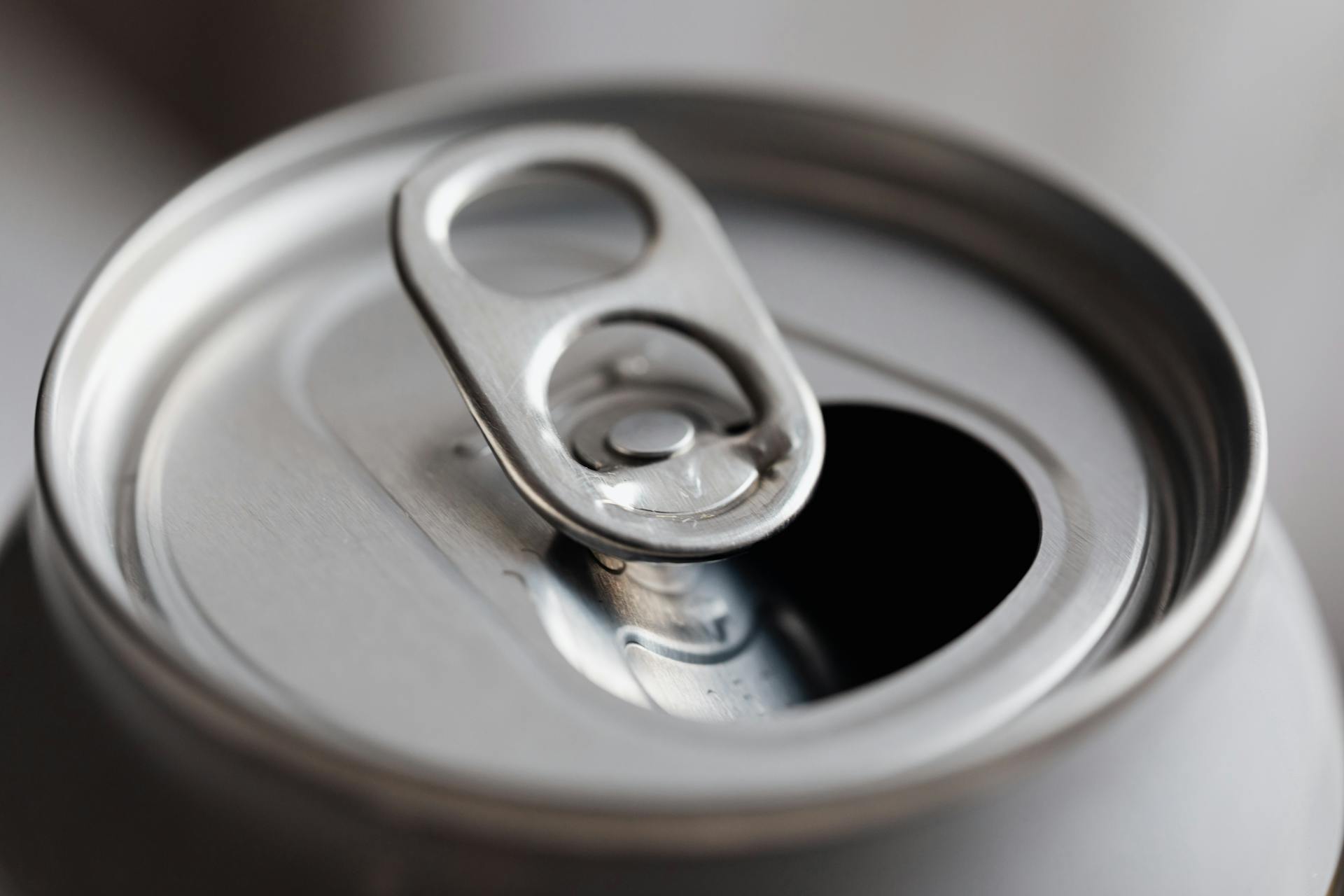
Is propane natural gas? This is a question that has puzzled people for many years. Despite being used as a clean energy source for decades, many still wonder whether propane is the same as natural gas or not. For safety reasons and to avoid confusion, it is essential to understand this distinction.
Propane and natural gas share some similarities, but they are not the same thing. Propane is a byproduct of petroleum refining and natural gas comes from underground reserves. Although both are considered clean energy sources due to their non-poisonous nature, propane is more versatile with applications ranging from heating homes to powering vehicles. Understanding the differences between these two fuels will help you make an informed decision on which one suits your needs best.
On a similar theme: Clean Stained Toilet Bowl Naturally
Is Propane Natural Gas? Discover Its Versatile Applications!
Many people often confuse propane fuel with natural gas, and it is understandable given that they share some similarities. However, propane is not natural gas. Propane is a byproduct of natural gas processing and petroleum refining. It is a versatile fuel that can power appliances inside homes such as water heaters, cooking ranges, and clothes dryers.
Technological advancements have made it possible to use propane in engine applications for motor vehicles. Apart from powering vehicles, propane also has outdoor applications such as grilling on an outdoor grill, heating up a patio heater or pool heater. The list of ways to use propane seems endless and continues to grow as more research and development take place on this valuable resource.
In conclusion, while it may be easy to mistake propane for natural gas due to their similar properties, propane is unique in its own right. From powering household appliances like water heaters and stoves to outdoor activities like grilling and heating pools or patios, the uses of propane fuel are diverse and ever-expanding with technological advancement. So next time you are considering an energy source for your home or outdoor activities, consider using the versatile fuel that is propane!
Unveiling the Mystery behind Propane's Origin and Importance
When it comes to fuel sources for outdoor appliances such as gas grills, patio heaters, and camping stoves, propane is a popular choice. But is propane natural gas? The answer is no. Propane is actually a byproduct of crude oil refining and natural gas processing. However, propane has fewer impurities than natural gas, making it a cleaner burning fuel source for household use.
Propane is typically delivered in its liquid form and stored in a propane tank or delivery system. Unlike an oil-powered heating system, you'll save space with a propane tank because it doesn't require large storage containers like natural gas does. Plus, if you ever run out of fuel, simply switch out the tank instead of waiting for the delivery system to refill.
Although propane turns back into a gas when released from its liquid form, it's important to note that propane and natural gas are not interchangeable fuel sources. So next time you're using your gas grills patio heaters or camping stoves fueled by liquid propane, remember that its origin may be from crude oil refining but its importance lies in being a cleaner burning option compared to natural gas.
Which is better for cooking or heating, propane or natural gas?

When it comes to cooking and heating, both propane and natural gas are excellent choices. However, there are a few key differences between the two that you should be aware of before making your final decision. In terms of energy efficiency, natural gas is generally considered to be the more efficient of the two. This means that while propane may provide more heat in the short term, natural gas will save you money in the long run due to its lower overall cost.
That being said, both propane and natural gas can be great options depending on your specific needs. Propane is a great choice if you need portability or if you live in an area without access to natural gas lines. Natural gas is often preferred by those looking for a more consistent source of heat and who want to save money on their energy bills over time. Ultimately, it's up to you to decide which gas type best suits your needs and lifestyle.
1. Efficiency: Is propane or natural gas more efficient?
When it comes to energy efficiency, natural gas takes the lead over propane. Natural gas contains more energy per cubic foot than propane, which means that less fuel is required to produce the same amount of heat. This makes natural gas a more cost-effective and environmentally friendly option.
Propane compared to natural gas has a lower energy content and therefore requires more fuel to generate the same amount of heat. However, propane is still an excellent choice for off-grid homes or areas where natural gas is not available. It can be easily transported and stored in tanks, making it a convenient solution for heating and cooking needs.
2. Cost: Which is cheaper, propane or natural gas?
This is a complicated question to answer as prices for propane and natural gas vary depending on location and market demand. One important thing to note is that propane is a liquid fuel typically sold in gallons, whereas natural gas is measured in cubic feet. Converting between the two requires some math which can be a bit of a headache.
However, based on average heating efficiencies and current pricing, numbers suggest that natural gas tends to be cheaper than propane. But if you live in an area where natural gas isn't available or local providers won't run lines to your home, then you're stuck with propane. Ultimately, the decision between propane and natural gas will depend on your individual circumstances and needs.
3. Pollution and health: Which gas is the cleanest?
When it comes to air quality, the type of gas you use can have a big impact. Burning logs in a cozy log fire may create a comforting glow, but it can also release chemicals including volatile organic compounds (VOCs) and nitrogen dioxide. These gasses don't make visible smoke, but they can produce tiny particles that cause headaches, eye and nose irritation, breathing problems and other health effects. Gas ranges and indoor cooking with natural gas can also lead to poor indoor air quality.
Combining information from studies and scientists, propane typically has fewer impurities than natural gas, which makes sense when considering its use as a fuel source for heating or cooking indoors. To minimize air quality problems when using propane or natural gas indoors, there are some simple steps you can take. Monitor your indoor air quality regularly using an air purifier with a built-in air quality sensor like the Blueair DustMagnet 5410i or the Winix 5500-2 Air Purifier, both of which combine VOC and particle removal with HEPA filters. Additionally, using an extractor fan while cooking can help remove particle pollution that isn't removed by an air purifier alone.
Frequently Asked Questions
What is the difference between propane and natural gas?
Propane and natural gas are both fuels used for heating, cooking, and powering appliances. However, propane has a higher energy content and is stored in tanks, while natural gas is delivered through pipelines and is cheaper but less efficient.
Which is more dangerous, natural gas or propane?
Both natural gas and propane can be dangerous if not handled properly, but their risks depend on factors such as storage, usage, and ventilation. It's important to follow safety guidelines provided by your supplier or local authorities.
Is propane more efficient than natural gas?
Propane is more efficient than natural gas because it has higher BTU content and burns hotter, resulting in faster cooking times and lower energy costs.
Which is cheaper natural gas or propane?
Natural gas is generally cheaper than propane, with prices varying depending on your location and usage.
Is natural gas more expensive than propane?
It depends on your location and usage, but generally natural gas is less expensive than propane. However, propane may be more cost-effective in areas without access to natural gas pipelines.
Featured Images: pexels.com


